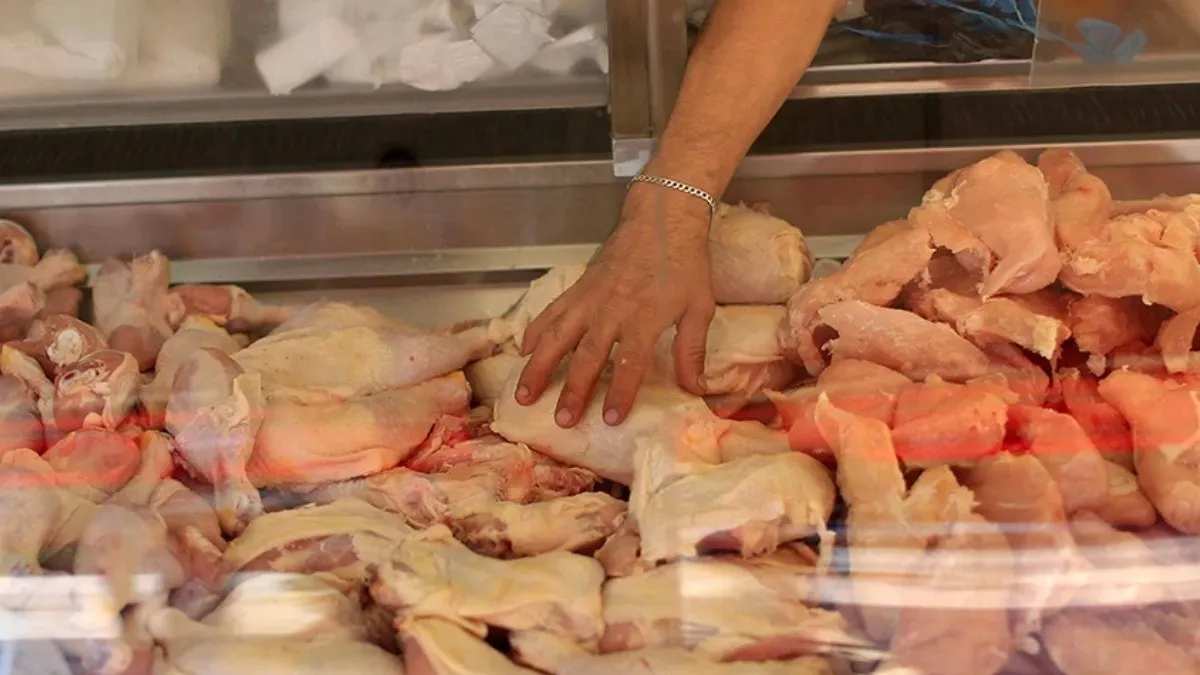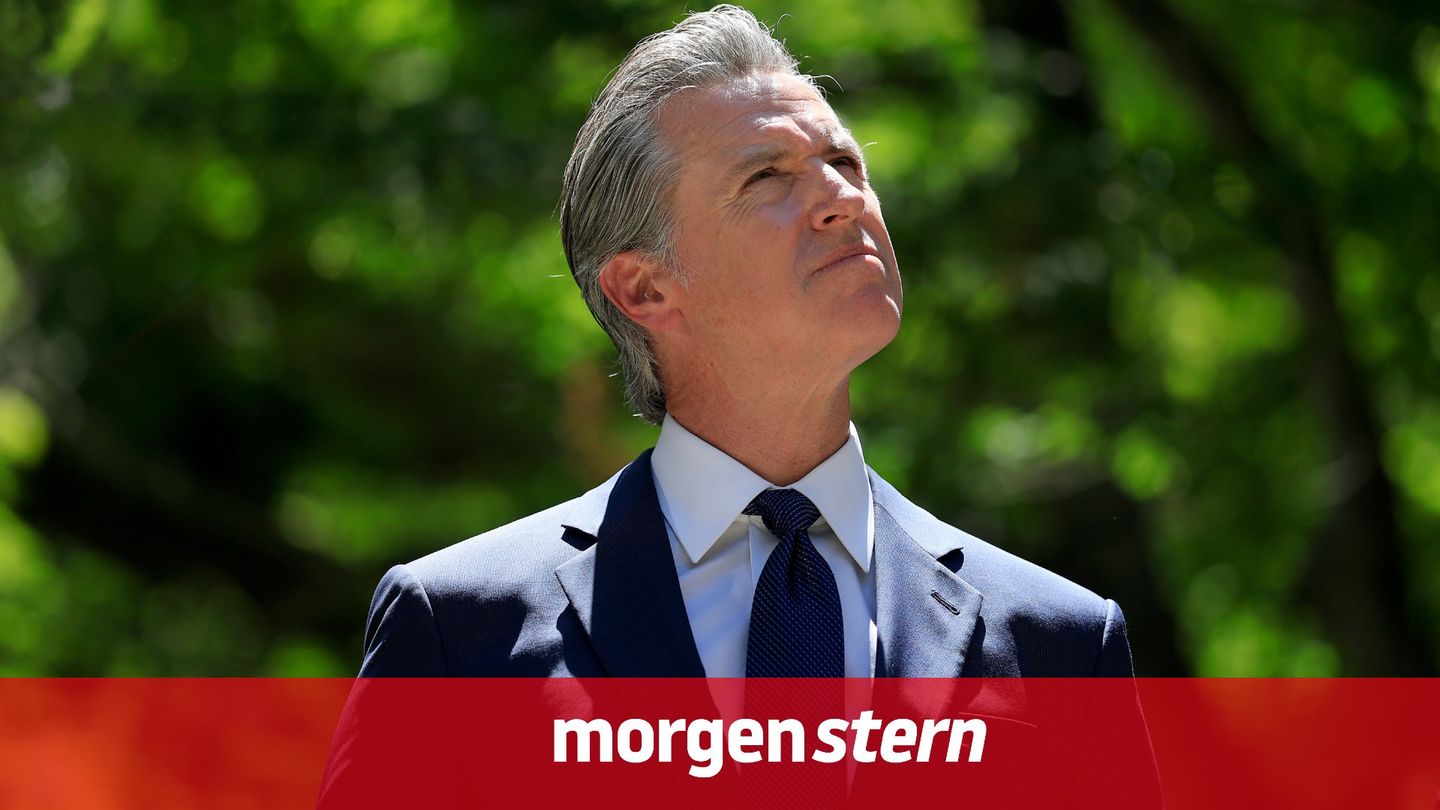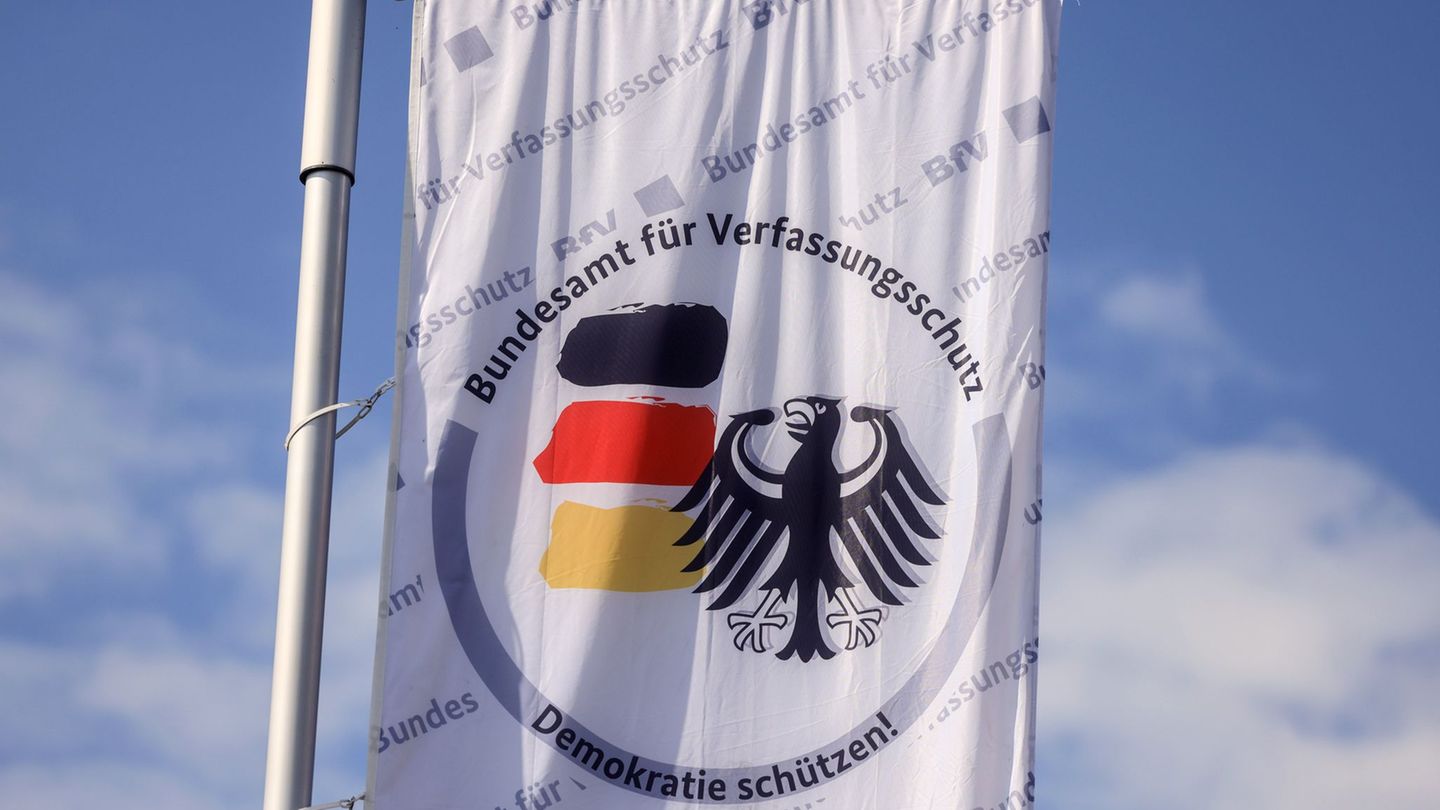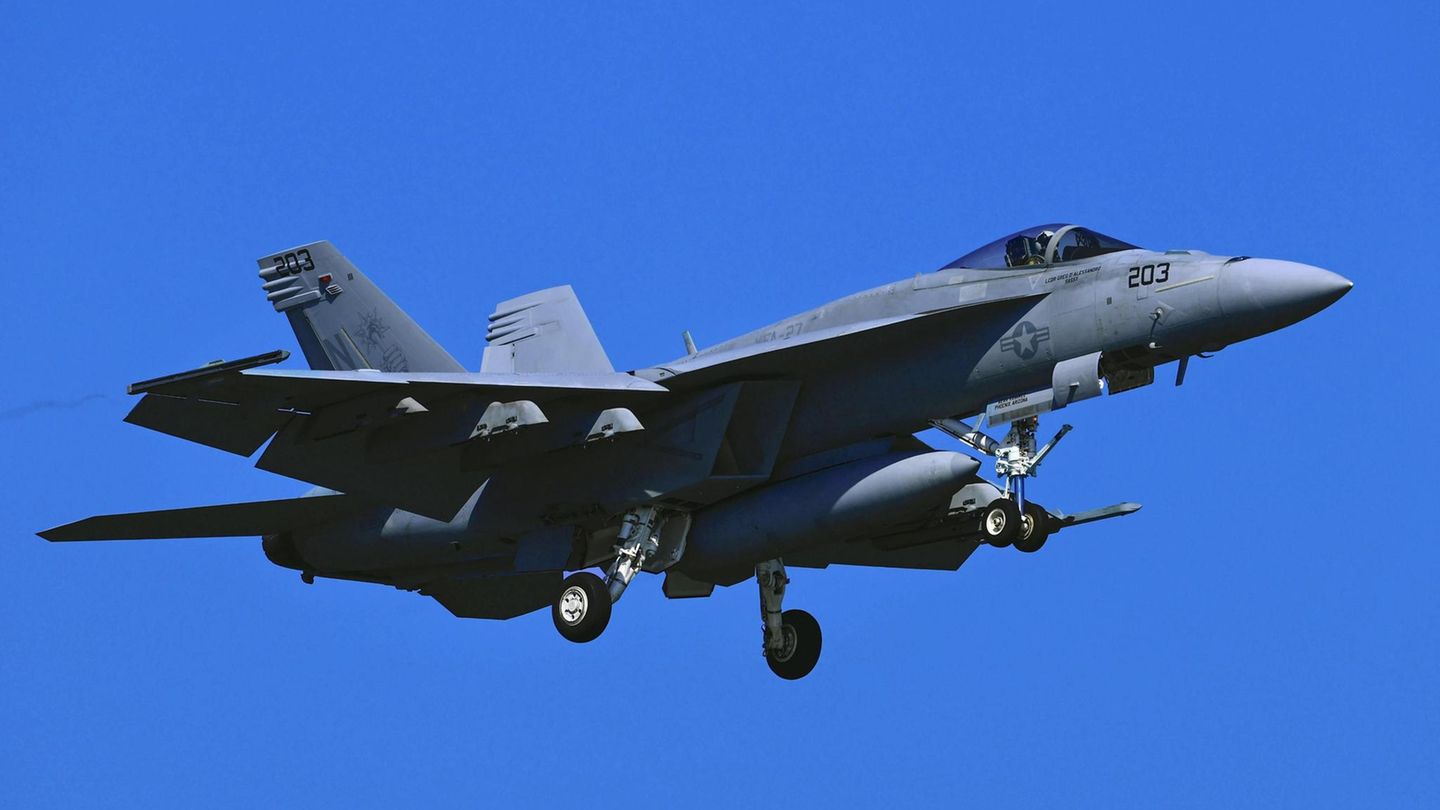The Lula da Silva government made the decision due to an outbreak of Newcastle disease and it could benefit the sector in the country.
The government of Brazil preventively suspended the exports of poultry meat and poultry products to 44 countries, after confirming an outbreak of the disease Newcastle in the south of the country, so that an opportunity opens up for placements in the sector in Uruguay.
The content you want to access is exclusive for subscribers.
The Ministry of Agriculture and Livestock of the neighboring country declared “the state of zoosanitary emergency” in Rio Grande do Sul, due to a focus of the disease in “commercial poultry” and warned that it does not affect “products subjected to thermal treatments such as thermoprocessed, cooked and processed”, which are usually destined for Uruguay, as well as Argentina, South Africa, Chile and the European Union”.


The government that he heads Lula da Silva He said that the suspension of exports of meat and poultry products seeks to guarantee “the transparency of the Brazilian official service” vis-à-vis importing countries. suspensions must last at least 21 days and the restrictions They vary in products and areas depending on the trade agreement with each of the countries.
How are poultry meat exports in Uruguay going?
While the poultry industry is demanding measures from the government, the placements of poultry meat reached a 5-year high during the first two months of 2024, with a total of 380 tons sold to destinations such as Argentina, Macao, Congo, Gabon, Benin, Guinea and countries of Asia.
However, data from the National Meat Institute (INAC) They reflect that so far this year, 538 tons were sold for 475,000 dollars, a figure lower than that recorded in the same period in 2023, with exports worth 753,000 dollars (639 tons).
With the temporary exit from the market of one of the major players, the opportunity opens up for the sector, which in recent months has been advancing in different markets, such as that of chicken claws.
In this sense, the government expressed its intention to generate a sustainable export flow, seeking to establish the product in highly demanding markets such as China, Hong Kong, Singapore, Saudi Arabia and United Arab Emirates.
Source: Ambito




